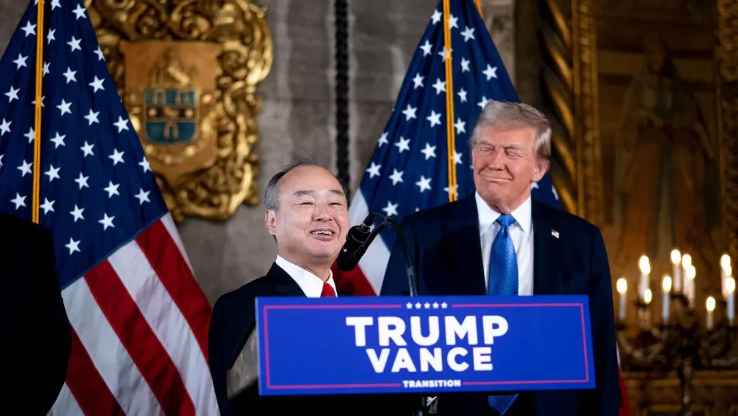Yuriko Koike Wins Third Term as Tokyo Governor
The first female governor of Tokyo, Yuriko Koike, won her third consecutive term on Sunday. Koike netted over 42% of the vote and will serve for a four-year term....
0:00
/1861
Facts
- The first female governor of Tokyo, Yuriko Koike, won her third consecutive term on Sunday. Koike netted over 42% of the vote and will serve for a four-year term.1
- Koike's tenure leading the city of 13.5M coincided with it hosting the Olympics, the COVID pandemic, and the introduction of childcare subsidies. A declining city-wide birth rate, disaster preparedness, and the economy were key issues of the campaign.2
- There were 56 candidates in the race, including runner-up Ishimaru Shinji, former mayor of Akitakata City, and Renho, a former lawmaker. Koike was backed by the ruling Liberal Democratic Party, while Renho had the support of several opposition groups.3
- Ishimaru and Renho picked up 23.7% and 18.8% of the votes, respectively. Renho was unexpectedly eclipsed by Ishimaru in the final count, with the latter garnering 40% of the votes of those under the age of 30.4
- After declaring victory, Koike promised to 'upgrade efforts of Tokyo's reforms,' such as the expansion of support for parenting as the birth rate in Tokyo falls to 0.99, making it the first region to fall below a rate of at least one.5
- Voter turnout was over 60% after the 17-day campaign. Koike and Ishimaru had an even share of the male vote at 30% a piece, while Koike and Renho collected 50% and 20% of the female vote, respectively.4
Sources: 1BBC News, 2South China Morning Post, 3NHK, 4The Japan Times and 5Voice of America.
Narratives
- Narrative A, as provided by ABC News. It is heartening that female candidates performed well in this election, as Japan lags behind the rest of the developed world in terms of gender equality. Japan has never had a female prime minister, and women in politics are often evaluated based on their looks instead of their substance. While the election was a notably sleepy one, it still represented a solid step forward.
- Narrative B, as provided by New York Times. This election was emblematic of everything that's gone awry with Japanese politics. A proliferation of fringe and joke candidates muffled real opposition to an entrenched status quo that the population is growing disaffected with. An incumbent has never lost an election in Tokyo, and Koike benefited from apparent connections to the news media to boot. There's little to write home about in this election.







